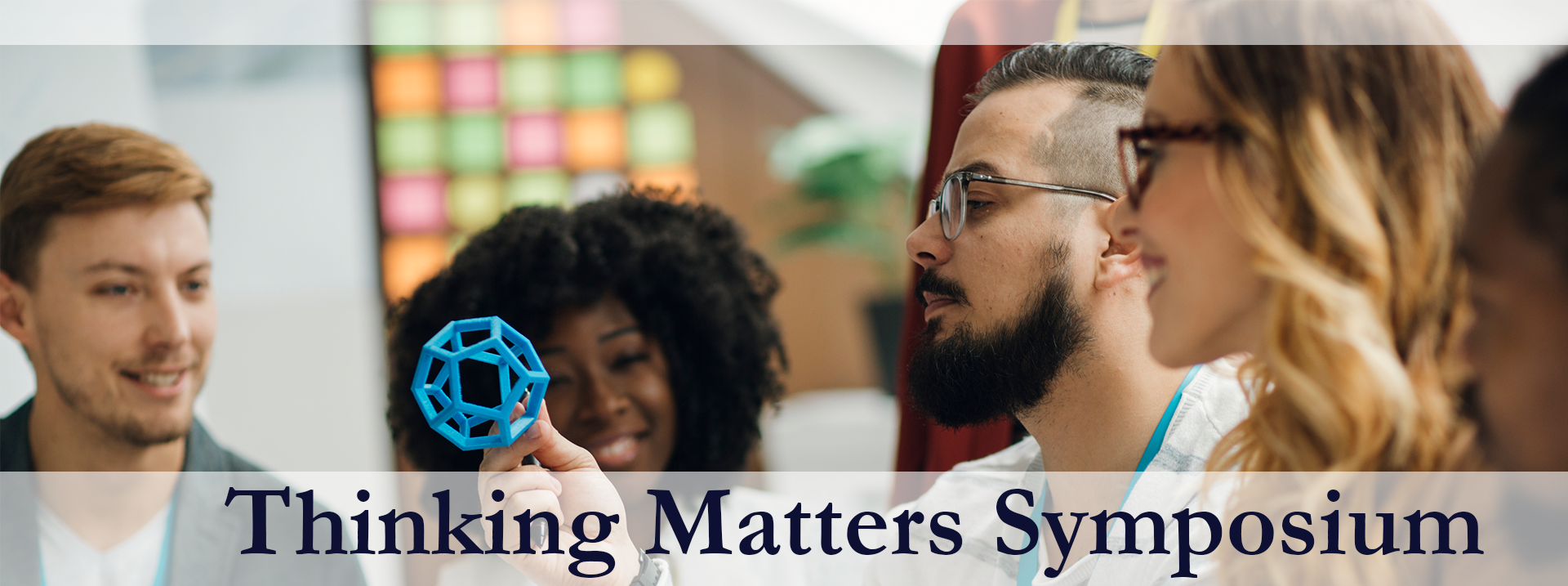Date
Spring 2018
Document Type
Poster Session
Department
Occupational Therapy
Advisor
Bernadette Kroon PT, DPT, GCS, CEEAA
Abstract
Acquired Brain injury (ABI) Clubhouses, are modeled after the clubhouses designed for the mental health population. The Clubhouse Model has shown great potential for the mental health population and has been hypothesized that a similar model would be beneficial for the brain injury population. Clubhouses are designed to improve meaning and purpose in individuals lives. Recently there has been an increase in ABI Clubhouse across the world and it has become an emerging treatment approach for these individuals.
There were limited studies regarding ABI Clubhouses, but there were a few articles supporting the implementation and effectiveness of the Clubhouse Model with individuals with brain injury. The studies focused on intervention approaches such as mentoring programs, supported employment programs, and group discussions. These programs were similar to a Clubhouse Model in that there were directive staff roles in the programs; the participants were playing an active role and the staff or mentors of the programs were there for support and to facilitate discussion or participation if necessary. Although there was little to no direct evidence supporting clubhouses, there was evidence supporting how community-based programs and mentoring programs improved life skills for people suffering from a brain injury. Using the evidence from similar programs, it can be determined that the Clubhouse Model is an effective way for individuals with brain injury to practice and develop life skills.
Start Date
April 2018
Recommended Citation
Goodwin, Rita and Brownwell, Samantha, "Improving Life Skills for People with Brain Injury" (2018). Thinking Matters Symposium Archive. 149.
https://digitalcommons.usm.maine.edu/thinking_matters/149






